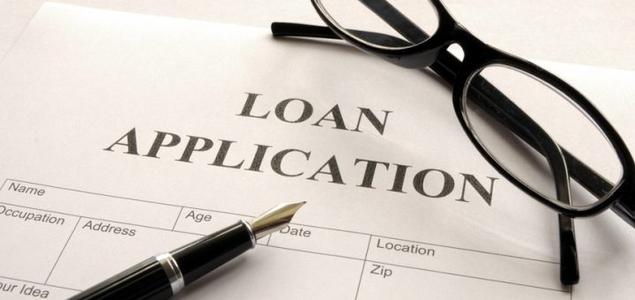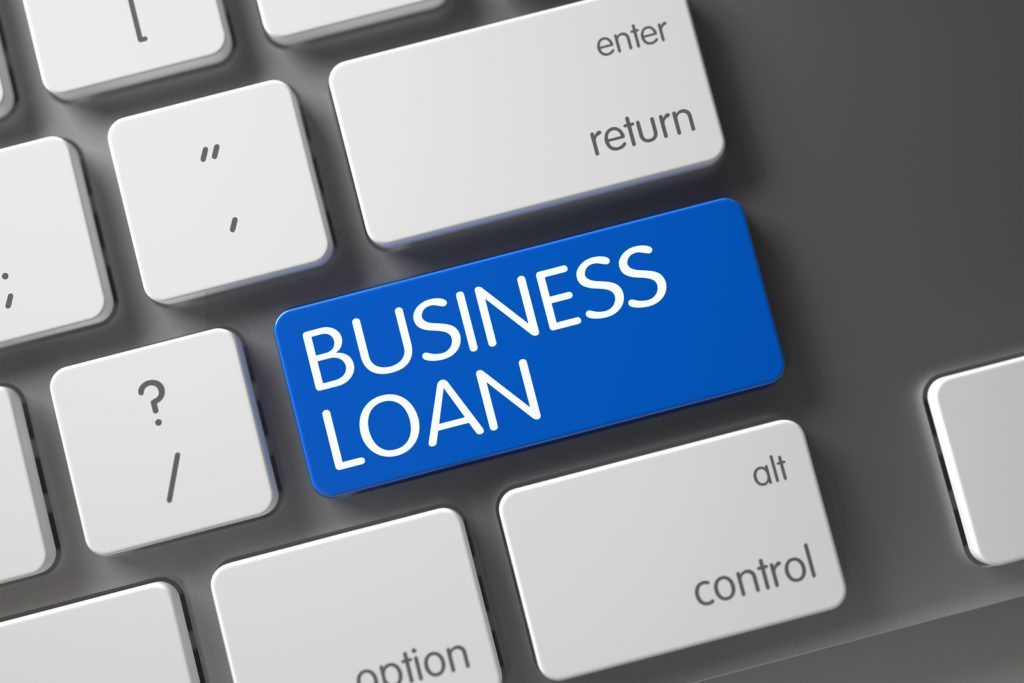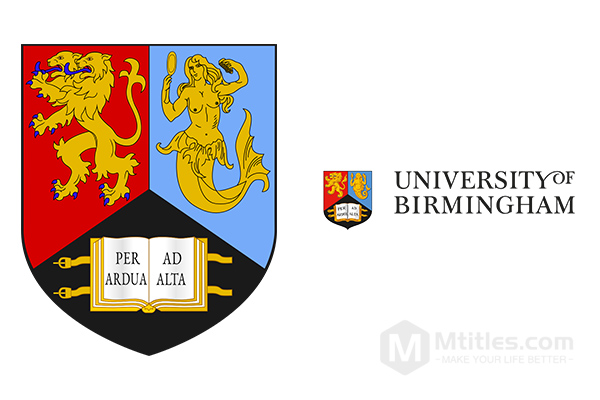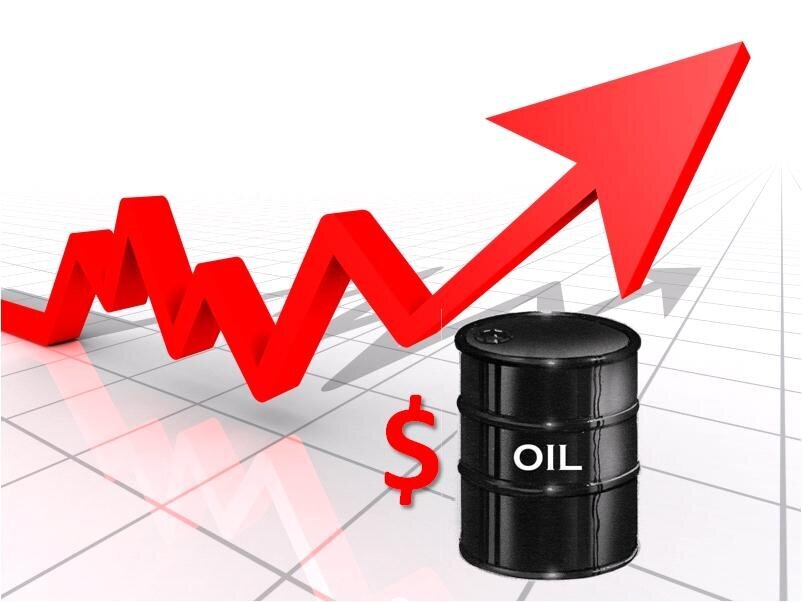10 Tips to Pay Off Your Credit Card Debt Faster
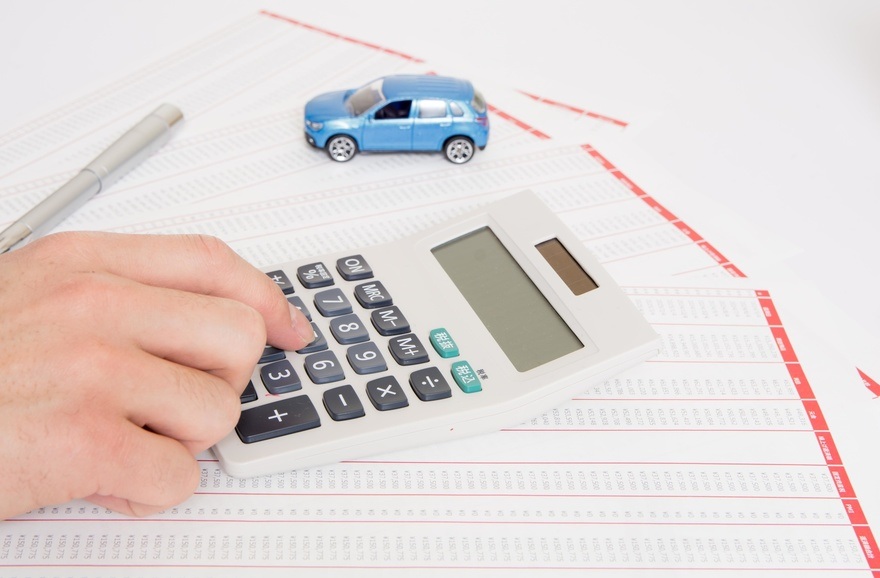
Credit card: a popular way to pay
credit-popular card From all traditional payment methods, credit card payments are the fastest growing. The Canadian Payments Association reports growth of more than 7% per year since 2008.
It's easy to understand the popularity of credit cards: they're accepted almost everywhere, the transaction is done in seconds, you don't need to find a bank window, fraud protection is available and most even offer rewards.
However, credit cards also come with caveats: the interest rate is often very high, which quickly increases the balance if it is not paid in full. In fact, the credit card is probably the best tool available to get into debt!
"I have a credit card debt: what to do?"
If you are caught with a credit card debt, do not despair, it is possible to have a plan to repay it. Here are 10 tips that should help you settle your debts faster:
1. Focus on your debts (at the expense of savings)
Before you put savings aside, prioritize paying down your debts. "Return on investment" is much better when you pay off your debts at high interest rates than when you put that same money in. For example, a debt of $1,000 to 20% interest costs $200 per year while an investment will yield around 5% per year, or $50. The choice is clear.
2. Review your budget
When was your last family budget? Take the time to review your income, but especially all your expenses in detail to determine where you can cut. Start with obvious expenses such as restaurants, cell phones, outings, clothing, alcohol and tobacco. If you can't cut these expenses any more, consider reducing your car or home payment if possible.
3. Prioritize card refunds with the highest interest rates
rate-interest-heavy-a-porter When you have money available to pay off your debts, start by paying off the most expensive credit card, the one with the highest interest rate. Once this card has been paid in full, you can move on to the next one, not before. Beware of the temptation to pay the credit card with the smallest balance: this would not be the optimal strategy.
4. Make a balance transfer
You've probably already received promotional offers from credit card companies in the mail that encourage you to transfer your card balance to their home. These promotions usually allow you to get an interest rate of 0% for several months.
If you opt for a balance transfer, however, there is a very important caveat to understand: most of these promotional offers mention (in very small print) that following the promotional period, if the balance has not been paid in full, interest will apply retroactively from the date of the transfer. This means that if you have even one dollar left to pay, a mountain of interest will be added to your balance. So make sure you understand all the details of the offer.
5. Make more than the minimum payment required
If you just make the minimum payment required, you'll be struggling with your debt for years or more than a lifetime! In the meantime, you will have paid a real fortune in accrued interest. If possible, cut into some personal expenses such as restaurants and cafes for a period of time so you can pay back faster.
6. Ask for a lower interest rate
If you call your credit card issuer and ask for a lower interest rate, it may be accepted. The competition between credit cards is very strong and it is more interesting for the issuer to lower its rate than to lose you as a customer.
7. Consolidate your debts
By consolidating your debts, you reduce your overall interest rate, allowing you to pay off your debt faster. Debt consolidation consists of a personal loan from a bank to pay off all your debts. Once consolidation is in place, you only have one monthly payment to make.
If you opt for this solution, make sure the new loan is a personal loan and not a line of credit. This is important because the line of credit will cause you to take on even more debt. The personal loan will require you to make regular monthly payments for a fixed period (usually 3 to 10 years).
8. Don't use your credit cards anymore
credit card-card You are currently working very hard to pay off your credit cards. So avoid using them completely. That would be counterproductive, wouldn't it?
9. Speed up your payments
Why wait until you receive your monthly statement to pay for your credit card. Try this instead: as soon as you have $50 free, apply it to your balance. When you have money in your bank account, you are often tempted to spend it. Don't let that happen!
10. Find out about the consumer proposal
If, despite all this advice, you are not able to pay off your credit card debts within a reasonable time (not 15 years!), know that the consumer proposal might be the best solution for you.
A consumer proposal is an offer made to all your creditors submitting a partial repayment of your debts over a period of up to 60 months. The refunded portion is generally 30-70% of the original amount. This solution is particularly interesting because it freezes interest and consolidates all your debts into one monthly payment that respects your budget.



